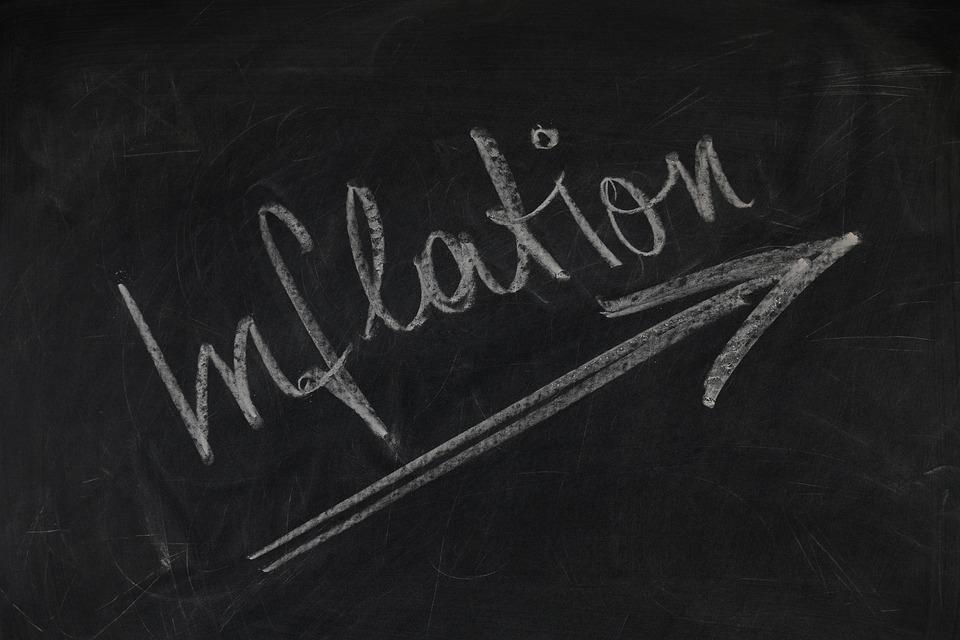Have you noticed that prices have been going up lately? Seems like everything from groceries to gas to rent is getting more expensive. Well, you’re not imagining things – inflation is on the rise, and the Federal Reserve is taking notice.
In a recent announcement, the Federal Reserve signaled its plans to tackle inflation head-on. While inflation is a natural part of a healthy economy, too much of it can be a bad thing. When prices rise too quickly, it can erode the value of our money and make it harder for everyone to afford the things they need.
So what exactly is the Federal Reserve planning to do about this? Well, one of the tools they have at their disposal is raising interest rates. When interest rates go up, borrowing money becomes more expensive. This can help to slow down spending and curb inflation. It’s kind of like putting the brakes on a speeding car – it helps to bring things back under control.
Another tactic the Federal Reserve may use is to reduce the amount of money in circulation. By tightening the money supply, they can make it harder for people to borrow and spend, which can also help to cool off inflation. Think of it like turning down the thermostat when things get too hot – it helps to bring the temperature back to a comfortable level.
Of course, these measures can have a downside too. Raising interest rates can make it more expensive for businesses to borrow money to expand, which could slow down economic growth. And reducing the money supply can make it harder for people to get loans for things like cars and homes, which could put a damper on consumer spending.
But the Federal Reserve has to walk a fine line. They need to balance the need to keep inflation in check with the desire to keep the economy humming along. It’s a delicate dance that requires careful timing and skillful navigation.
In their announcement, the Federal Reserve made it clear that they are committed to keeping inflation under control. They recognize that runaway inflation can have serious consequences for everyone, especially those on fixed incomes who may struggle to keep up with rising prices.
So what can you do to protect yourself from inflation? Well, one thing you can do is to pay attention to your budget and make sure you’re not overspending. If prices are going up, you may need to adjust your spending habits to make sure you can still afford the things you need.
You can also look for ways to save money, like cutting out unnecessary expenses or shopping around for the best deals. And if you have investments, it might be a good idea to talk to a financial advisor about how to protect your money from inflation.
In the end, inflation is a fact of life in a dynamic economy. But with careful planning and a little bit of foresight, you can weather the storm and come out on top. And with the Federal Reserve keeping a close eye on things, you can rest assured that someone is looking out for the health of the economy and your financial well-being.



